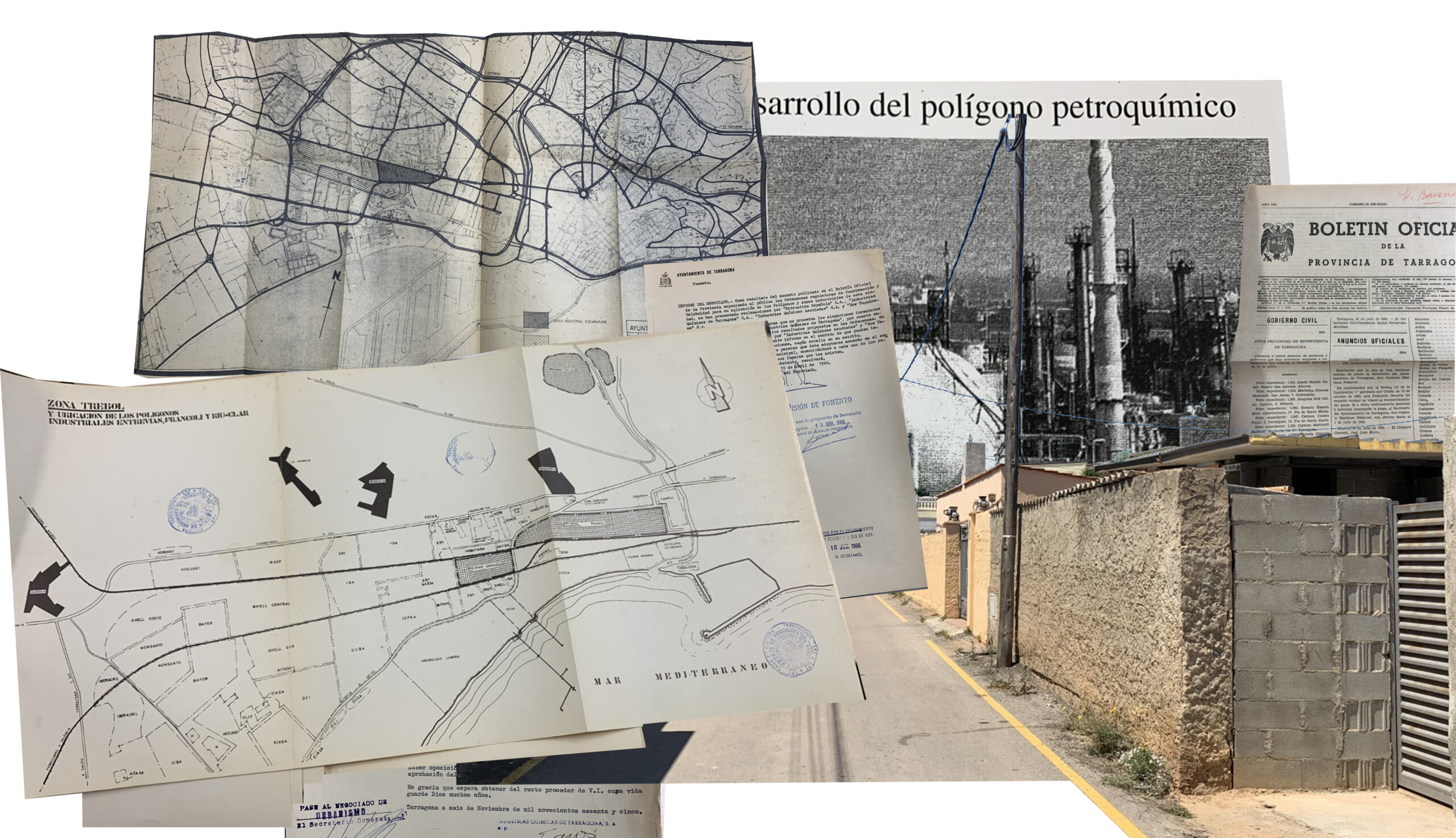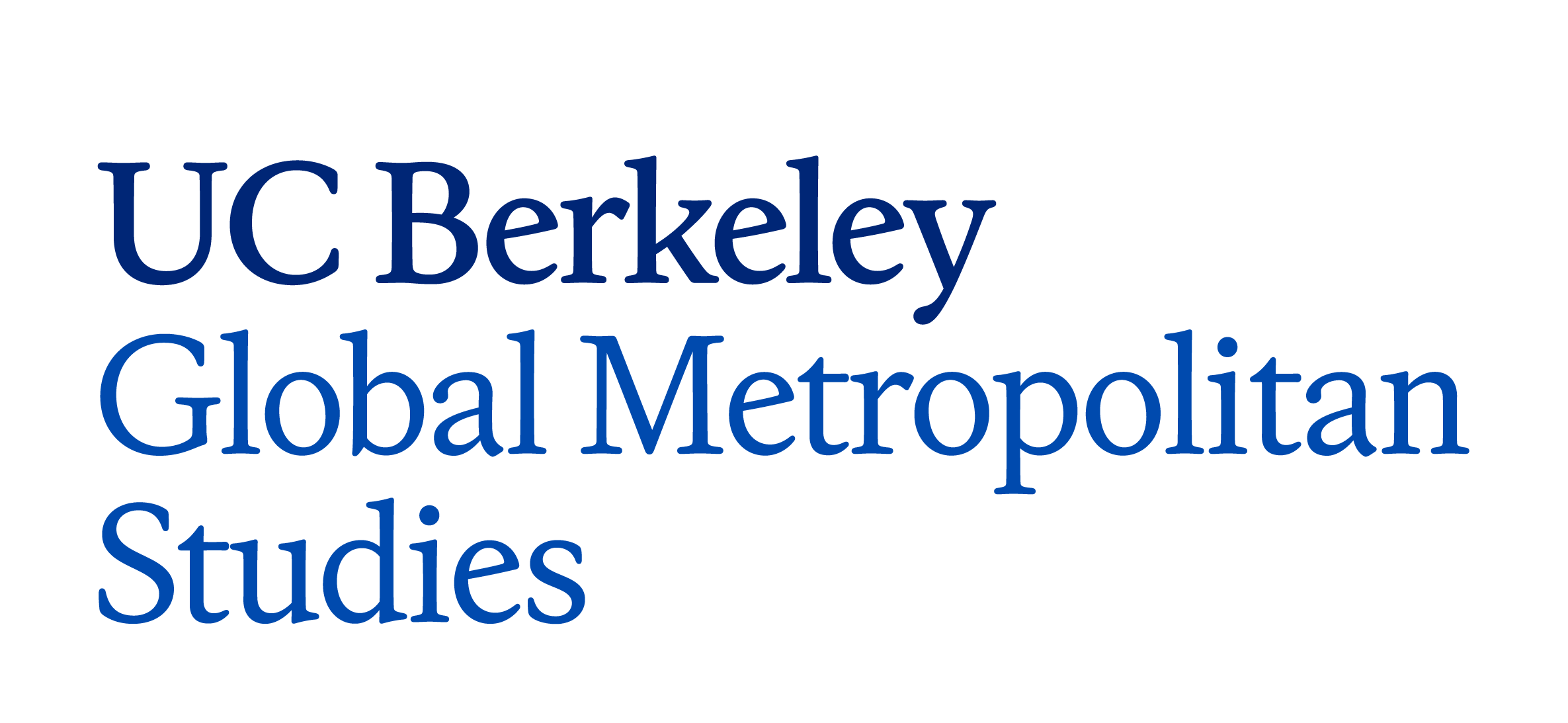In my research I intend to explore, through a spatial lens, the transition that Spain experienced during the 1970s from an authoritarian regime of fascist ascendancy to a European-integrated liberal democracy. In other words, I intend to study how Francoism operated as a mode of production of space; the role its spatial strategies played in easing the country’s economic and political liberalization; and its legacies in the face of the reemergence of neofascist groups and authoritarian governmental practices. My contention is that the industrial landscapes that emerged during the 1960s and 1970s under late Francoism were not only the product of the crisis of Fordism and the reorganization of productive activities on a world-scale, but also a means for the regime to reorganize Spain’s labor geographies and propel dispersed forms of urbanization to decongest the country’s once ‘red,’ proletarian cities. In turn, these industrial landscapes operated almost as proto-Special Economic Zones, leveraging the country’s lack of social rights and environmental regulations to attract foreign investment and bring about the political and economic capital necessary to ensure a smooth democratic transition. Over the summer 2021 I engaged in archival work to survey the types of materials held in different depositories and begin to unpack the mechanisms, rationalities, and imaginaries deployed by the Francoist regime to bring about its so-called ‘economic miracle’ and initiate its long transition to democracy.
Landscapes of Industrialization: The ‘long 1970s’ under the Spanish authoritarian regime

